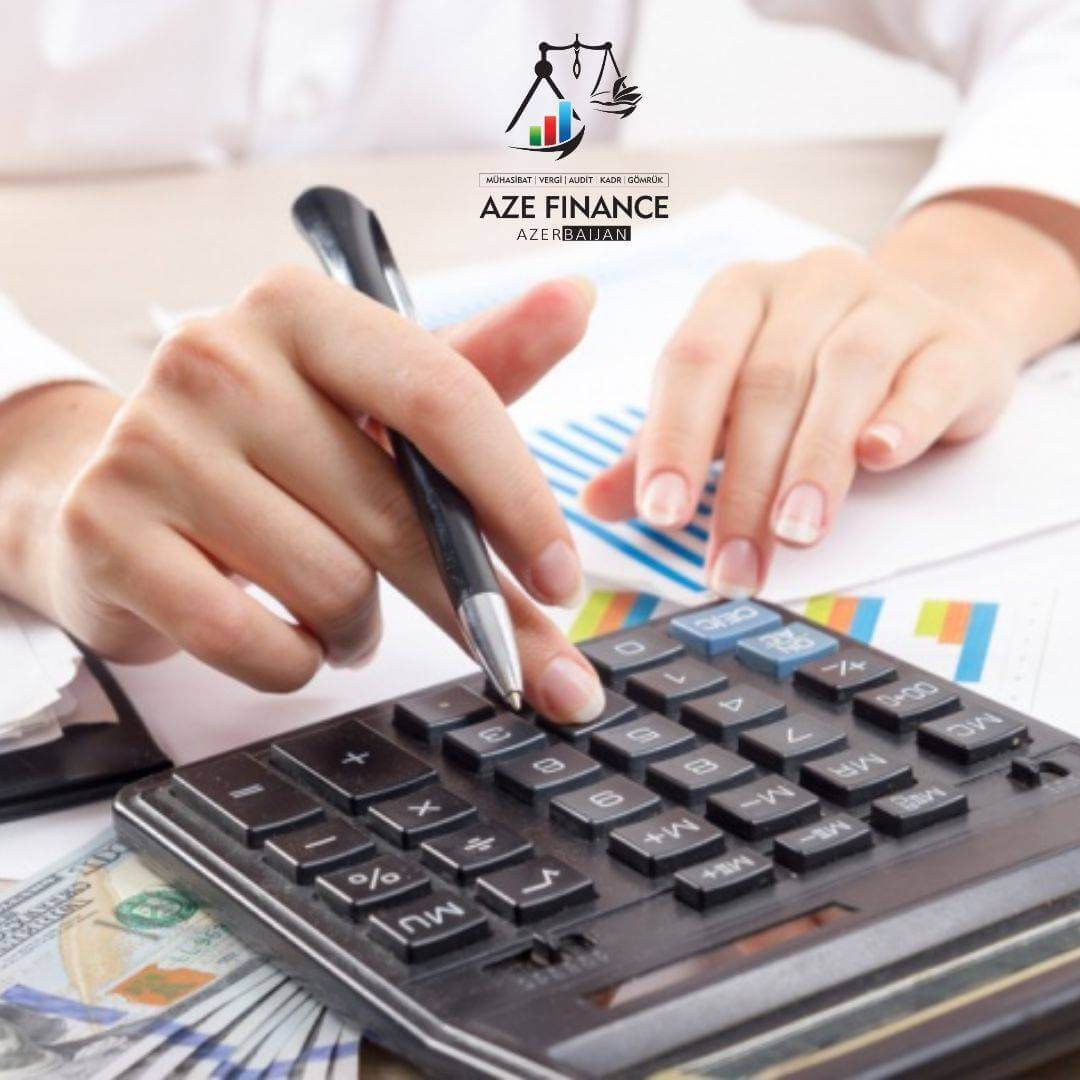Tax obligations of a person engaged in small-scale trade
Tax obligations of a person engaged in small-scale trade

I am selling clothing items at a counter in Ganja. I have obtained a Taxpayer Identification Number (TIN). In this case, what type of tax should I pay, and am I eligible for any tax exemptions?
The State Tax Service under the Ministry of Economy has stated that the activity mentioned in the inquiry is considered entrepreneurial activity. According to Article 33.4 of the Tax Code, a natural person engaged in entrepreneurial activity without creating a legal entity must apply to the tax authorities for tax registration (obtain a TIN) and pay taxes from the income obtained to the state budget until the day the entrepreneurial activity starts.
The tax obligations will depend on the tax system chosen in the application submitted for tax registration and the taxable objects. If the natural person chooses the simplified tax system, the simplified tax will be calculated at a rate of 2% on the income (gross revenue) obtained from the commercial activity, without deducting expenses, and paid to the state budget. If the activity is carried out as an income tax payer, the income tax will be calculated at a rate of 20% from the remaining amount after deducting the expenses incurred to obtain the income, and paid to the state budget.
It has been stated by the Service that, according to Article 102.1.30 of the Tax Code, individuals who are micro-entrepreneurs and have an average number of employees of at least 3 per month and do not have any arrears in mandatory state social insurance contributions are entitled to a 75% tax exemption on their income from entrepreneurial activities. The average number of employees for the relevant year is determined by summing the number of employees over the calendar year and dividing by 12. If the taxpayer does not meet the conditions for the application of this exemption and switches to another category of business entity in the following reporting year, a tax exemption equal to 75% of the income tax paid in the previous three calendar years will be applied, and income tax liabilities from periods as another business entity will be deducted. However, if the taxpayer engages in non-commercial transactions, this exemption will not apply to income derived from such transactions.
It should be noted that the minimum monthly social insurance contribution for entrepreneurial activity is 50% of the minimum monthly wage in the construction sector, and 25% in other sectors. In Baku, this amount is 100%, in Sumgait and Ganja it is 90%, in other cities it is 80%, in administrative centers of regional administrative units and towns, it is 60%, and in rural areas, it is 50%. Additionally, according to the provisions of the Law on Medical Insurance, individual entrepreneurs must pay a mandatory medical insurance contribution of 4% of the minimum monthly wage.

I am selling clothing items at a counter in Ganja. I have obtained a Taxpayer Identification Number (TIN). In this case, what type of tax should I pay, and am I eligible for any tax exemptions?
The State Tax Service under the Ministry of Economy has stated that the activity mentioned in the inquiry is considered entrepreneurial activity. According to Article 33.4 of the Tax Code, a natural person engaged in entrepreneurial activity without creating a legal entity must apply to the tax authorities for tax registration (obtain a TIN) and pay taxes from the income obtained to the state budget until the day the entrepreneurial activity starts.
The tax obligations will depend on the tax system chosen in the application submitted for tax registration and the taxable objects. If the natural person chooses the simplified tax system, the simplified tax will be calculated at a rate of 2% on the income (gross revenue) obtained from the commercial activity, without deducting expenses, and paid to the state budget. If the activity is carried out as an income tax payer, the income tax will be calculated at a rate of 20% from the remaining amount after deducting the expenses incurred to obtain the income, and paid to the state budget.
It has been stated by the Service that, according to Article 102.1.30 of the Tax Code, individuals who are micro-entrepreneurs and have an average number of employees of at least 3 per month and do not have any arrears in mandatory state social insurance contributions are entitled to a 75% tax exemption on their income from entrepreneurial activities. The average number of employees for the relevant year is determined by summing the number of employees over the calendar year and dividing by 12. If the taxpayer does not meet the conditions for the application of this exemption and switches to another category of business entity in the following reporting year, a tax exemption equal to 75% of the income tax paid in the previous three calendar years will be applied, and income tax liabilities from periods as another business entity will be deducted. However, if the taxpayer engages in non-commercial transactions, this exemption will not apply to income derived from such transactions.
It should be noted that the minimum monthly social insurance contribution for entrepreneurial activity is 50% of the minimum monthly wage in the construction sector, and 25% in other sectors. In Baku, this amount is 100%, in Sumgait and Ganja it is 90%, in other cities it is 80%, in administrative centers of regional administrative units and towns, it is 60%, and in rural areas, it is 50%. Additionally, according to the provisions of the Law on Medical Insurance, individual entrepreneurs must pay a mandatory medical insurance contribution of 4% of the minimum monthly wage.


